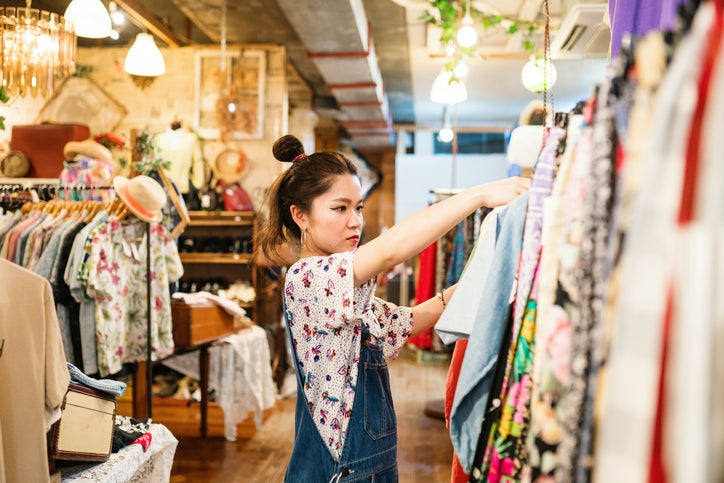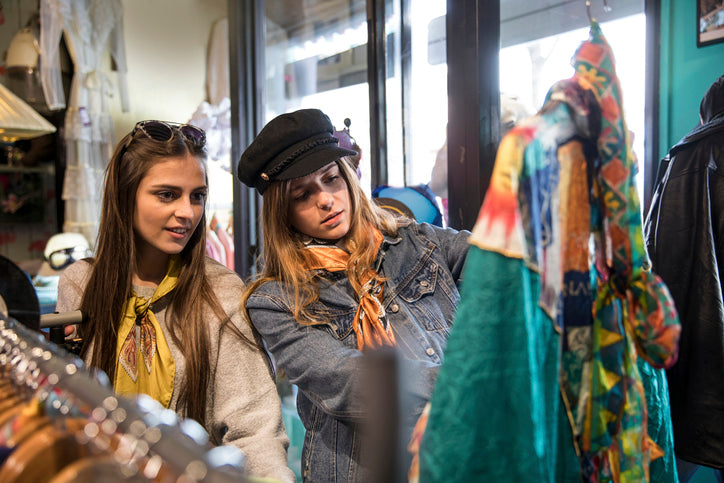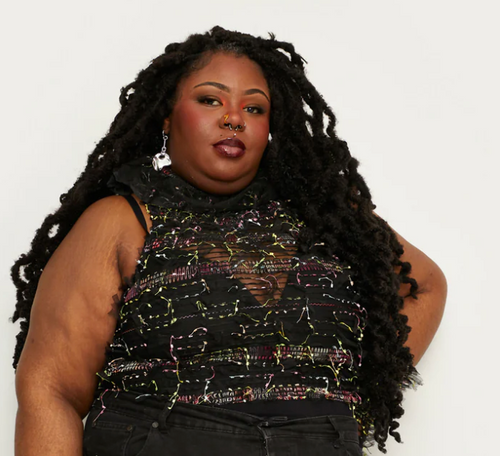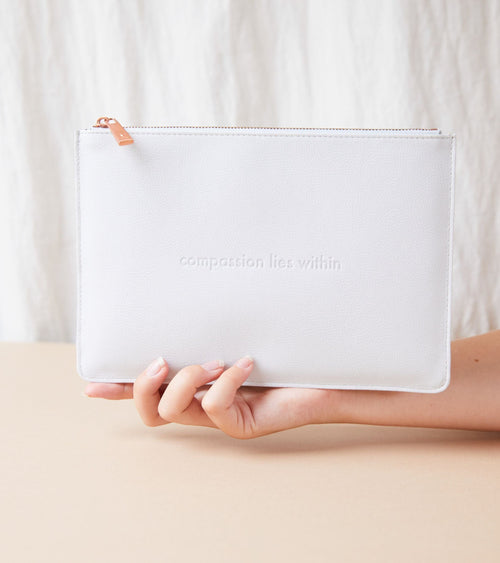 Fast fashion might mean you always have the latest fashions at a low price, but the planet is the one who is truly paying the price. Disappointingly, the UK government has this week rejected proposals by MPs to put the pressure on retailers to tackle the environmental impact of fast fashion, but research suggests that consumers are taking matters into their own hands and voting with their wallets.
According to a survey of 1,000 UK adults, released to mark the launch of Patatam.co.uk, which makes it easier than ever to buy and sell quality preloved clothing by high street brands, 1 in 4 (26%) of British women are now worried about buying new clothes, due to the environmental impact of fast fashion.
Seeking out ethical solutions, almost 2 in 3 (64%) said they would happily buy second hand and preloved items, up from 45% in 2016, showing that having the latest fashions is now longer as important to many consumers. In fact, 1 in 5 (18%) of British women now admit to feeling guilty when purchasing new garments.
Fast fashion might mean you always have the latest fashions at a low price, but the planet is the one who is truly paying the price. Disappointingly, the UK government has this week rejected proposals by MPs to put the pressure on retailers to tackle the environmental impact of fast fashion, but research suggests that consumers are taking matters into their own hands and voting with their wallets.
According to a survey of 1,000 UK adults, released to mark the launch of Patatam.co.uk, which makes it easier than ever to buy and sell quality preloved clothing by high street brands, 1 in 4 (26%) of British women are now worried about buying new clothes, due to the environmental impact of fast fashion.
Seeking out ethical solutions, almost 2 in 3 (64%) said they would happily buy second hand and preloved items, up from 45% in 2016, showing that having the latest fashions is now longer as important to many consumers. In fact, 1 in 5 (18%) of British women now admit to feeling guilty when purchasing new garments.
 Thanks to growing awareness, 1 in 3 (31%) British women say they are now conscious of the issues surrounding fast fashion, such as water wastage and unwanted clothes going to landfill.
In a statement sent to Bare Fashion, Eric Gagnaire, managing director at Patatam.co.uk, said: “It’s great to see British consumers becoming more conscious of the impact their shopping habits are having on the environment. Consumers are now considering the clothes in their wardrobe in a whole new way and thinking about not only the manufacturing process and the environmental and social impact of this, but what happens when they are done wearing items.
Thanks to growing awareness, 1 in 3 (31%) British women say they are now conscious of the issues surrounding fast fashion, such as water wastage and unwanted clothes going to landfill.
In a statement sent to Bare Fashion, Eric Gagnaire, managing director at Patatam.co.uk, said: “It’s great to see British consumers becoming more conscious of the impact their shopping habits are having on the environment. Consumers are now considering the clothes in their wardrobe in a whole new way and thinking about not only the manufacturing process and the environmental and social impact of this, but what happens when they are done wearing items.
“We have seen an increase in shoppers wanting their clothes to have a second lease of life – whether they sell, donate or upcycle them - rather than just sending them to the landfill. This, coupled with the research, shows just how much attitudes have changed and how British women are making a move to become more conscious consumers.”
Click HERE to get your tickets to Bare Fashion.




0 comments